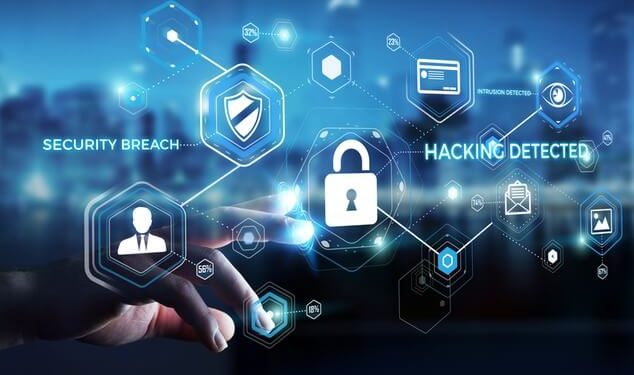In today’s world, data is the lifeblood of many organizations. Companies rely on data for decision-making, business operations, and customer interactions. However, this reliance on data can make organizations more vulnerable to cybersecurity threats and regulatory compliance issues. Enterprise data governance is an essential practice for ensuring data security and compliance.
What is Data Governance?
Data governance refers to the set of policies, procedures, and controls an organization puts in place to manage its data assets. It involves identifying an organization’s data, determining who has access to it, and ensuring that it is accurate, complete, and secure. Data governance is crucial to any organization’s risk management strategy, particularly regarding cybersecurity and compliance.
Cybersecurity
One of the most significant risks that organizations face is a cyber attack. A cyber attack can compromise sensitive data, disrupt business operations, and damage an organization’s reputation. The cost of a cyber attack can be significant in terms of financial losses and the impact on an organization’s brand. Data governance can help mitigate these risks by ensuring data is appropriately secured.
Data governance helps protect companies from cyber threats by establishing policies and procedures that govern how data is accessed and used. These policies may include setting up access controls to ensure only authorized personnel can access sensitive data. It also involves monitoring and auditing data usage to detect unauthorized access or misuse. By putting these controls in place, organizations can reduce the risk of a cyber attack and ensure their data is secure. Partnering with a business technology company like Micro Focus can help businesses, and enterprises implement new digital business applications, improved IT infrastructure, and analytics tools, all under a new data governance plan that will secure your data networks. Micro Focus can help companies establish data governance for greater security and compliance. They can also help integrate new technologies that meet these standards and intrude efficiencies to the organization.
Compliance
In addition to cybersecurity, data governance is also essential for regulatory compliance. Organizations must comply with various regulations, including data privacy laws, financial regulations, and industry-specific standards. Failure to comply with these regulations can result in fines, legal action, and damage to an organization’s reputation.
Data governance can help organizations achieve compliance by ensuring that data is accurate, complete, and up-to-date. Compliance involves establishing data quality standards and continuous monitoring to remain consistent. It also involves ensuring that data is appropriately classified and labeled to be easily located and used in compliance with regulations.
Data Privacy Compliance
One area where data governance is crucial for compliance is data privacy. Data privacy laws, such as the General Data Protection Regulation (GDPR) and the California Consumer Privacy Act (CCPA), require organizations to protect the personal information of their customers and employees. Compliance with these regulations includes obtaining consent for collecting and using personal data, providing individuals with access to their data, and ensuring that data is stored securely.
Data governance can help organizations comply with these regulations by establishing policies and procedures for handling personal data. Essential measures include implementing data protection rules like encryption and access controls and monitoring data usage. It also involves establishing processes for responding to data breaches and notifying individuals and regulators promptly.
Financial Regulations
Another area where data governance is essential for compliance is financial regulations. Financial institutions are subject to various regulations, such as the Sarbanes-Oxley Act (SOX) and the Payment Card Industry Data Security Standard (PCI DSS). These regulations require organizations to ensure the accuracy and completeness of financial data and protect it from unauthorized access.
Data governance infrastructure involves establishing data quality standards and implementing controls to ensure financial data meets these standards. It also establishes processes for monitoring and auditing financial data to detect errors or inconsistencies.
Data governance is essential for ensuring data security and compliance. By establishing policies, procedures, and controls to manage data assets, organizations can reduce the risk of cyber attacks, ensure the accuracy and completeness of data, and comply with a wide range of regulations and standards. As the reliance on data continues to grow, organizations must prioritize data governance to protect their assets and maintain the trust of their customers and stakeholders.
Follow Techdee for more!





